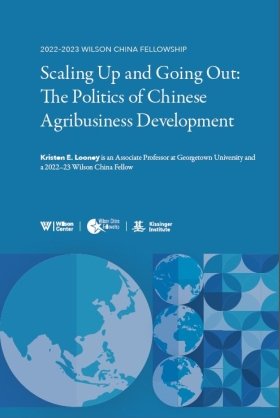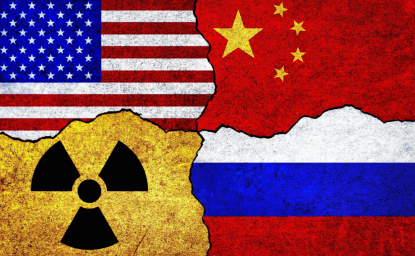Scaling Up and Going Out: The Politics of Chinese Agribusiness Development


This paper investigates the politics of Chinese agribusinesses “scaling up” production domestically and “going out” to make investments globally. It addresses the following questions: What are the key drivers behind the transition from smallholder farming to industrial-scale agriculture in China? What are the domestic and global implications of this transition? The paper argues that the development of dragon head enterprises, or large-scale, agro-industrial firms, lies at the heart of China’s recent agricultural modernization efforts, that the factors driving their development are irreversible, and that US firms will face tough competition with them both within China and globally. Given the economic importance US-China agricultural relations and the two countries’ shared interest in promoting global food security, US policymakers should focus on enhancing the transparency of Chinese firms’ global activities, rather than banning Chinese investment in the US agricultural sector.
Author

Assistant Professor of Asian Studies and Government at Georgetown University

Kissinger Institute on China and the United States
The Kissinger Institute works to ensure that China policy serves American long-term interests and is founded in understanding of historical and cultural factors in bilateral relations and in accurate assessment of the aspirations of China’s government and people. Read more

Explore More
Browse Insights & Analysis
US Inaction Is Ceding the Global Nuclear Market to China and Russia

360° View of How Southeast Asia Can Attract More FDI in Chips and AI



